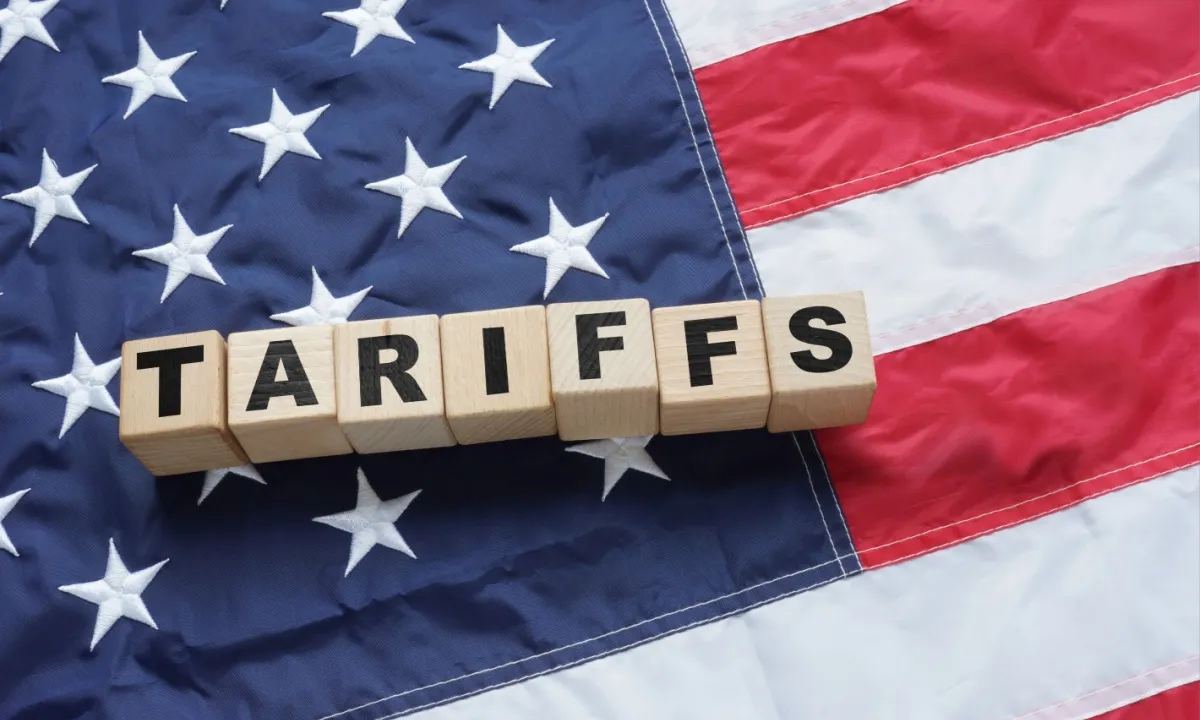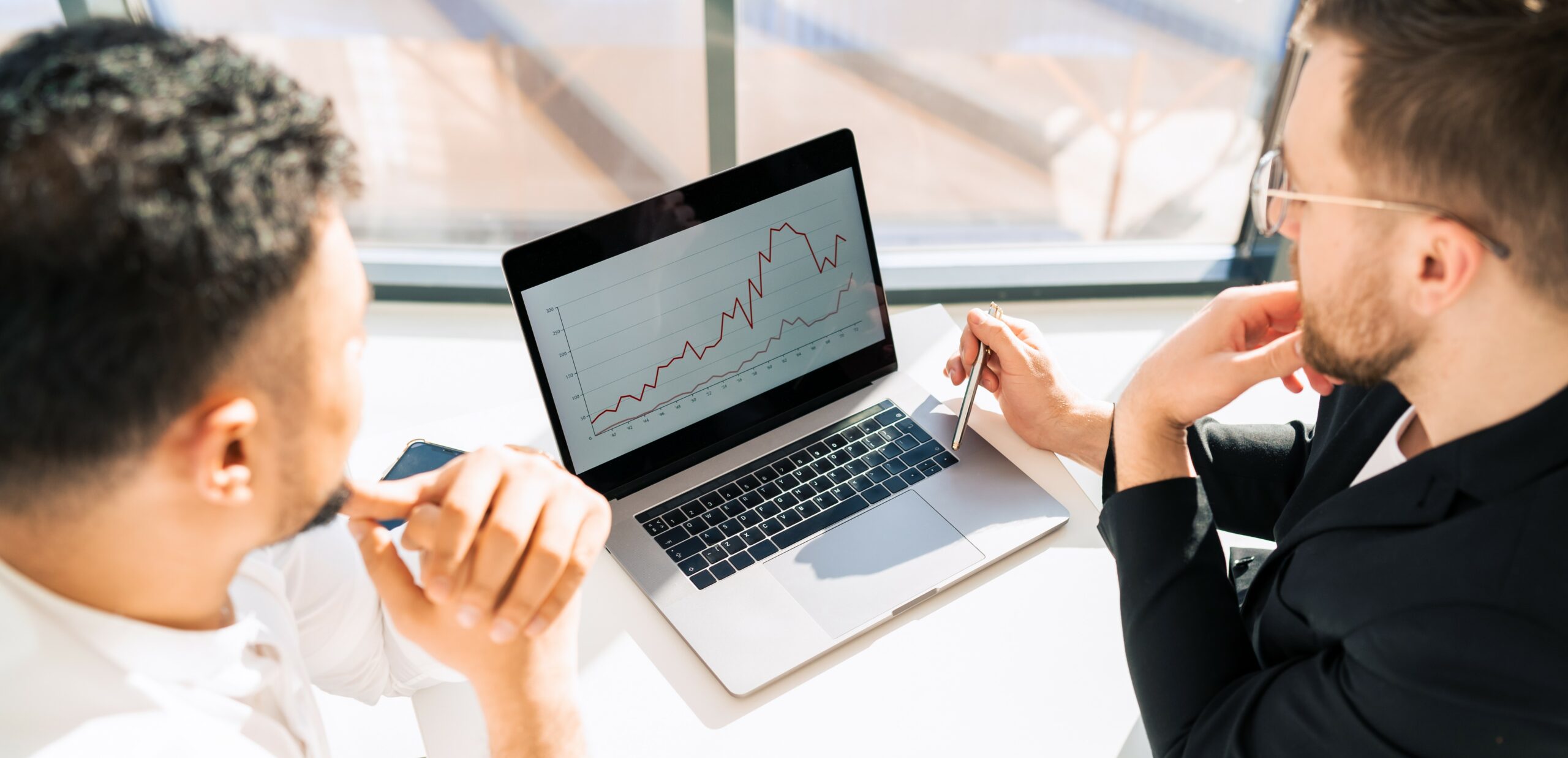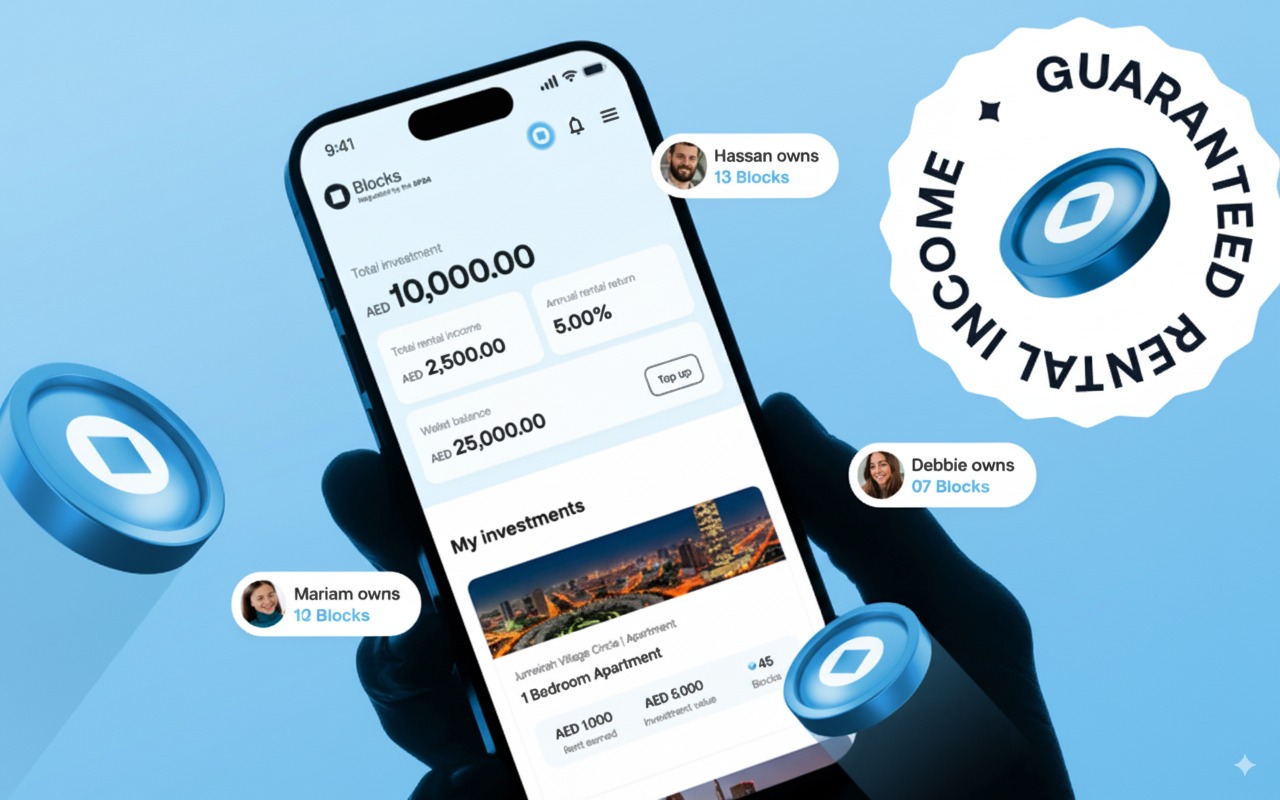In a major shift to U.S. trade policy, President Donald Trump has imposed a minimum 10% tariff on imports from a broad list of countries. While many nations face varying levels of tariffs—some as high as 245% for China—the UAE is subject to a 10% tariff on many of its exports to the U.S.
This move, aimed at reducing the U.S. trade deficit and boosting domestic manufacturing, has had ripple effects across global trade, including the UAE. But how has it impacted the UAE’s economy, and what does it mean for UAE investors?
Key sectors affected in the UAE
1. Aluminium and industrial exports
Aluminium is among the UAE’s top non-oil exports, with the U.S. being a major buyer. Companies like Emirates Global Aluminium (EGA) are now facing headwinds, as tariffs make their products more expensive for American importers. This could slow the industrial sector and impact growth forecasts.
2. Energy and oil revenue
Although crude oil is exempt from the 10% tariff, the broader economic slowdown caused by trade tensions has weighed on global oil demand. Brent crude prices have dropped, reducing the UAE’s energy revenues. These price fluctuations could delay public projects and lead to lower government spending.
3. Financial and equity markets
The UAE stock markets have not escaped global volatility. Key indices like the Dubai Financial Market (DFM) and Abu Dhabi Securities Exchange (ADX) declined after the announcement:
- DFM Index fell by 3.1%
- ADX dropped by 2.6%
- Energy and banking stocks led the losses, with some dropping over 5%
(Source: Gulf Business, 7th April 2025)
These declines reflect investor concerns over rising trade costs, slower global growth, and reduced demand for exports.
Following the pause in further tariff hikes, UAE markets began recovering. Energy and financial stocks are stabilising, but ongoing volatility means investor caution remains high.
A Global market sell-off and subsequent recovery
Global markets initially reacted sharply to the tariff announcement, triggering a widespread sell-off. In the U.S., trillions of dollars were wiped off market valuations:
- The S&P 500 fell by nearly 20%.
- The Dow Jones Industrial Average dropped by over 1,600 points.
- The Nasdaq entered bear market territory, down more than 25% from its peak.
(Source: CNN, 7th April 2025)
Following the announcement of a pause in tariff escalation, markets began to recover. In the U.S., the Nasdaq and S&P 500 have recovered by around 7–10% from their recent lows, as investors adjusted their positions. (as of 10th April 2025)
Nevertheless, the financial markets remain volatile. As with the UAE, investors continue to tread cautiously, aware that any sudden policy shift could spark fresh turmoil.
Opportunities for the UAE amidst disruption
- Re-export and logistics hub
As global supply chains shift, the UAE can gain prominence as a logistics and re-export centre. Strategic ports like Jebel Ali and Khalifa Port are likely to benefit from increased trade flow, supporting the broader logistics sector. - Regional manufacturing and substitution
As companies seek alternatives to Chinese manufacturing, the UAE has a chance to expand its local production base. Its strategic location and competitive pricing position it as a viable hub for industrial goods and electronics. - Resilient real estate sector
Despite global uncertainty, Dubai’s real estate market continues to attract investors. Its strong infrastructure, tax benefits, and investor-friendly policies offer a level of stability that appeals to both regional and international buyers.
Why Dubai real estate remains a solid investment?
- Attractive rental yields: With average returns of 6–8%, Dubai offers some of the highest yields globally.
- Sustained demand: Investor interest remains high due to tax advantages, residency reforms, and an innovation-driven economy.
- Supportive governance: Continuous infrastructure investment and regulatory reforms keep the market resilient.
Final thoughts
Trump’s tariffs initially shook markets worldwide, with the UAE feeling the effects across exports, energy, and equities. However, the pause in escalation has brought some relief and stability. As aluminium exports adjust and oil markets recover, the UAE’s diversified economy—especially its logistics and real estate sectors—offers promising opportunities.
For investors, Dubai real estate stands out as a stable, high-yielding asset. Whether you’re looking to diversify or generate passive income, you can start investing from as little as AED 2,000 (approx. USD 545) with PRYPCO Blocks.
Disclaimer: PRYPCO Blocks is regulated by the DFSA. Investing in real estate involves risks. The content in the blog is for informational purposes only and should not be considered professional advice.




